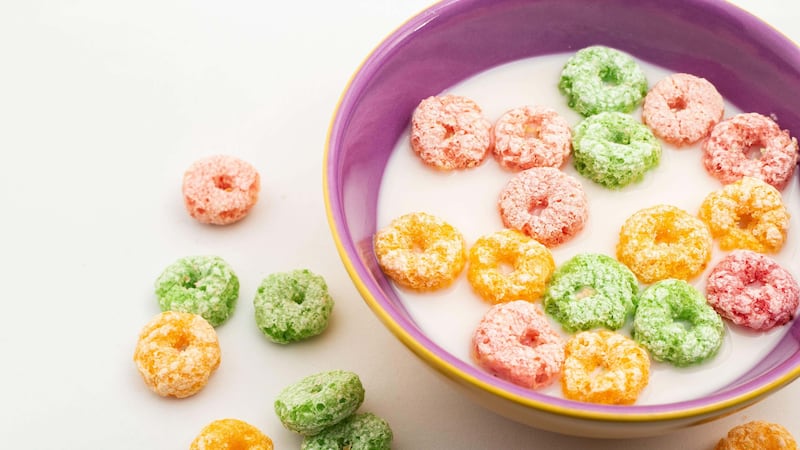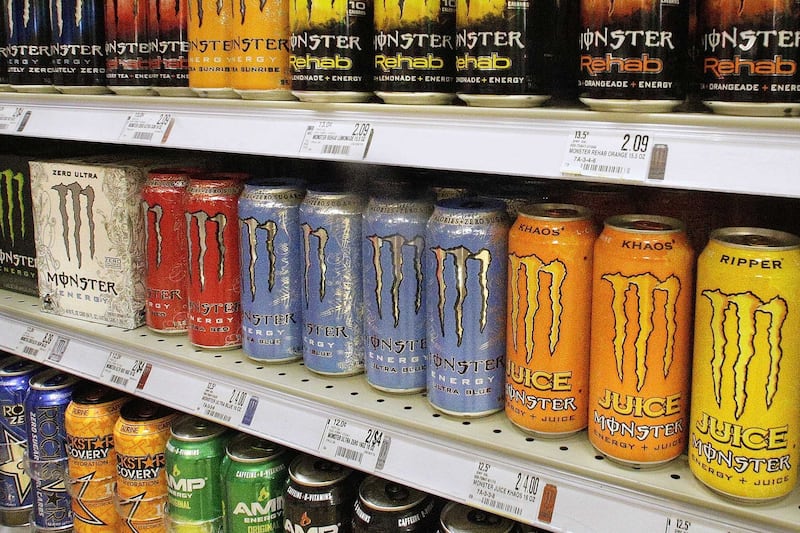A health minister has dismissed “nanny state” calls to put cereals high in sugar into more plain packaging.
Will Quince said more emphasis should be placed on educating parents and viewing the products as a “treat” over the packaging itself.
It comes as the health group Action on Sugar called for the removal of all packaging that appeals to children on breakfast cereals and yoghurts graded as high or medium for sugars, salt or saturated fat.

This includes packaging that has cartoon characters, animations, vibrant colours and familiar characters intentionally designed to attract the attention of a child.
Research by the group found 47% of cereals and 65% of yogurts contained a third of the maximum sugar recommendation for a four to six-year-old per 100g.
Speaking to Times Radio on Tuesday, Mr Quince said: “I’m not in favour of those kinds of nanny state interventions because as a parent, it’s my responsibility to educate my child as to what is and isn’t appropriate for daily consumption and as a treat.
“I like Krave cereal as much as the next person… it’s very nice, but would I have it every day? No, because I know the implications of that. I want to educate my children about that.
“So what it means is we need to empower people to make healthier life choices.”
Mr Quince said plain packaging for the products was “certainly a step too far” as they were enjoyable when had in moderation, and should be had “every now and then as a treat”.
He confirmed when asked that he lost six stone in just over a year during the Covid-19 lockdowns.
Breakfast cereals and yoghurts saw significant reductions in sugar levels between 2015 and 2020, at 14.9% and 13.5% respectively.
But the Sugar Reduction Programme announced in the Government’s obesity plan in 2016 set a target of 20% in that timeframe.
Dr Kawther Hashem, campaign lead at Action on Sugar, said: “It’s ludicrous that whilst breakfast cereals and yogurts celebrate the largest reductions in sugars during the Sugar Reduction Programme, those same products with child-appealing packaging still have excessive amounts of sugars, unsuitable for regular intake by children.
“Given the soaring numbers of under-18s suffering weight-related health problems and tooth decay being the leading cause of child hospitalisation, now is the time for companies to be forced to remove child-appealing packaging from products that are misleading parents and making our children unhealthy and sick.”








